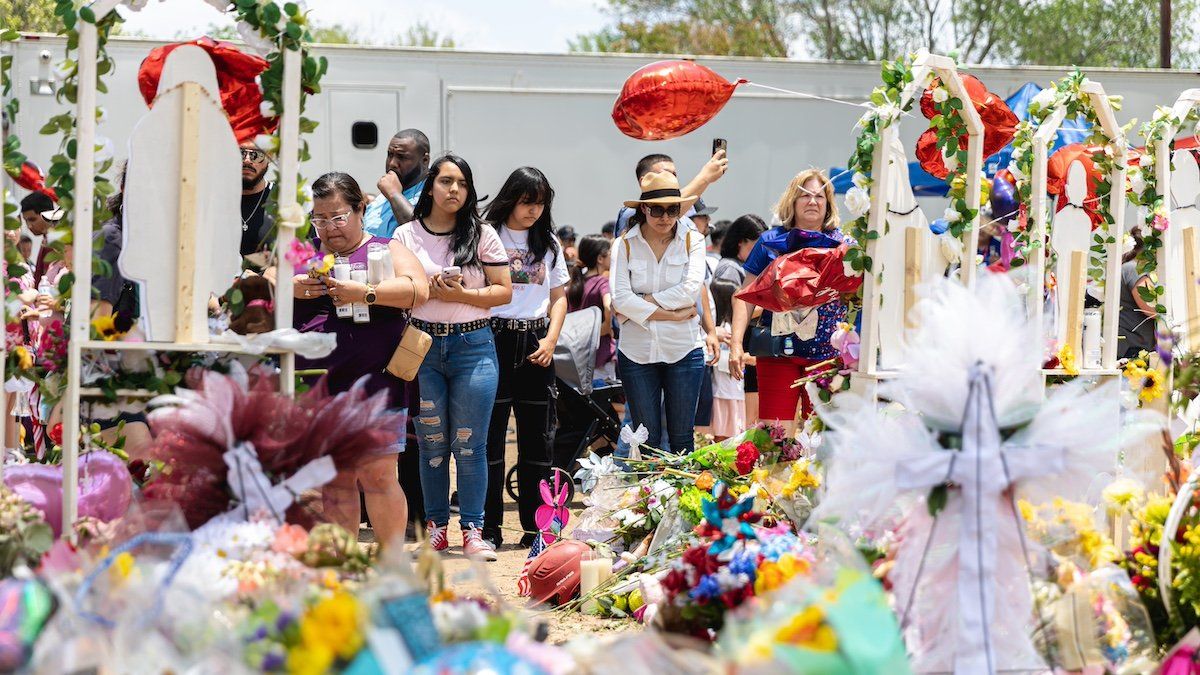There’s a disturbing new use for AI, but one that a group hopes will affect political change.
Parents of school shooting victims are using AI audio technology to generate clips of their dead children speaking and pleading with legislators to pass laws to curb access to high-powered firearms and make schools safer. “I’m a fourth-grader at Robb Elementary School in Uvalde, Texas,” one recording says. “Or at least I was, when a man with an AR-15 came into my school and killed 18 of my classmates, two teachers and me.”
AI-generated audio has been used in all sorts of new ways: by fraudsters impersonating victims, by fake Joe Biden robocalls in New Hampshire, and to allow former Pakistani Prime Minister Imran Khan to speak from prison and fire up his base ahead of this month’s election. But they’ve also been used to give voice to those who cannot talk, like the dead, an ethically murky and jarring use case.
The campaign, called the Shotline, lets people pick from different audio messages, identify their US Senator or Representative, and urge them to take action. There isn’t a specific call to action but a vague call for gun reform. One of the groups behind the campaign, March for Our Lives, which emerged after the 2018 Parkland shooting, has lobbied to change federal gun laws, and supported assault weapons bans and laws preventing violent offenders from accessing firearms.
For parents who have experienced the worst kind of tragedy imaginable, this new use of AI is fair game. “If we need to use creepy stuff to fix it,” one parent told the Wall Street Journal, “welcome to the creepy.”
